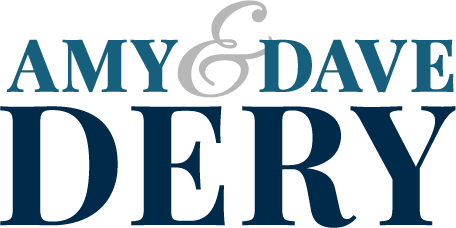Home buyers are wise to take careful note of the houses around them before they make an offer on that picture-perfect home. Buying the most expensive house in the neighborhood isn’t always the best strategy. Sure, they’ll have bragging rights, but your buyers may need to be informed about some challenges during resale. After all, unloading the priciest home on the block and seeing an increase in equity isn’t easy.
“A lot of buyers forget a home is an investment,” says Brendon DeSimone, a real estate expert and author of “Next Generation Real Estate.” “The world changes. Things happen fast. People transfer, people lose their jobs. Now imagine yourself as the seller of that home.”
With the nicest home on the block, home owners who do any upgrades – even minor – may be doing a larger mismatch between their home and the surrounding homes.
By considering the home as an investment, buyers will look at homes that leave some room for improvement and that will allow them to build equity and hopefully even pay it off when they do sell.
DeSimone goes to the other extreme and actually recommends to his clients buying the worst house in the best neighborhood.
“You can add value on your own,” he says. “If you’re choosing between an awesome house in a crappy location or an awful house in a great location, I would choose the latter.”
Improvement doesn’t need to entail a total renovation either. DeSimone says just regular maintenance, refreshing the paint, and making minor repairs that the previous owner ignored could add to the home’s value. On the other hand, if the home is already priced well-above the rest of the neighborhood, even minor changes in those pricey homes won’t likely make much of a difference to the value.
“Buy a bad house,” DeSimone says. “At least you can improve the interiors and make it more valuable. If that neighborhood doesn’t actually ‘up-and-come,’ your expensive home is already as viable as it can be.”
